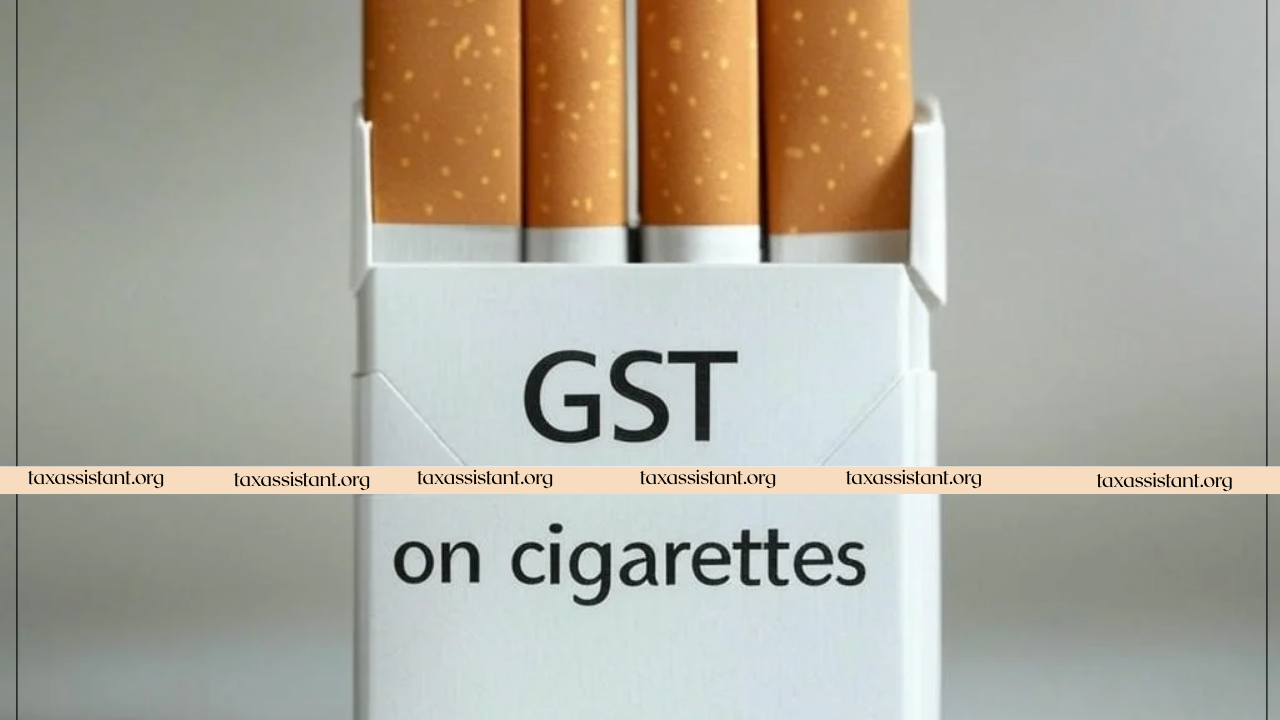Cigarette and pan masala distributors in India are proposing a major overhaul to the GST tax system for their products. The Federation of All India Distributors Associations (FAIDA) has urged the Finance Ministry to switch to an upfront, Maximum Retail Price (MRP)-based tax model.
Thank you for reading this post, don't forget to subscribe!Current System: Complex and Prone to Leakage
Under the current system, GST is collected at multiple stages of the supply chain—from the manufacturer to the distributor, wholesaler, and finally, the retailer. Distributors argue that this multi-layered approach creates opportunities for under-invoicing and tax evasion at the lower levels of the supply chain, leading to significant revenue loss for the government. They also feel they are unfairly burdened with compliance checks for issues that occur after the products leave their hands.
Proposed Solution: A Simplified, Upfront Tax
FAIDA’s solution is to collect the entire GST amount at the very beginning of the supply chain, based on the final MRP of the product. This would eliminate the need for tax collection at the wholesale and retail levels, thereby:
- Plugging Revenue Leakages: Collecting tax on the MRP upfront would prevent downstream evasion.
- Simplifying Compliance: It would reduce the administrative burden and scrutiny faced by distributors.
- Securing Revenue: The government would receive its tax revenue at the point of sale from the manufacturer, guaranteeing collection.
What’s Next?
The Finance Ministry is reportedly considering the proposal and is expected to present it to the GST Council at its upcoming meeting on September 3-4. While a tax expert believes this model could boost collections and simplify the tax structure, they also caution that the government will need to address how states will maintain their revenue streams, possibly through a separate State Excise. The ultimate impact on the final price of cigarettes and pan masala is also a key factor that remains to be seen.

















